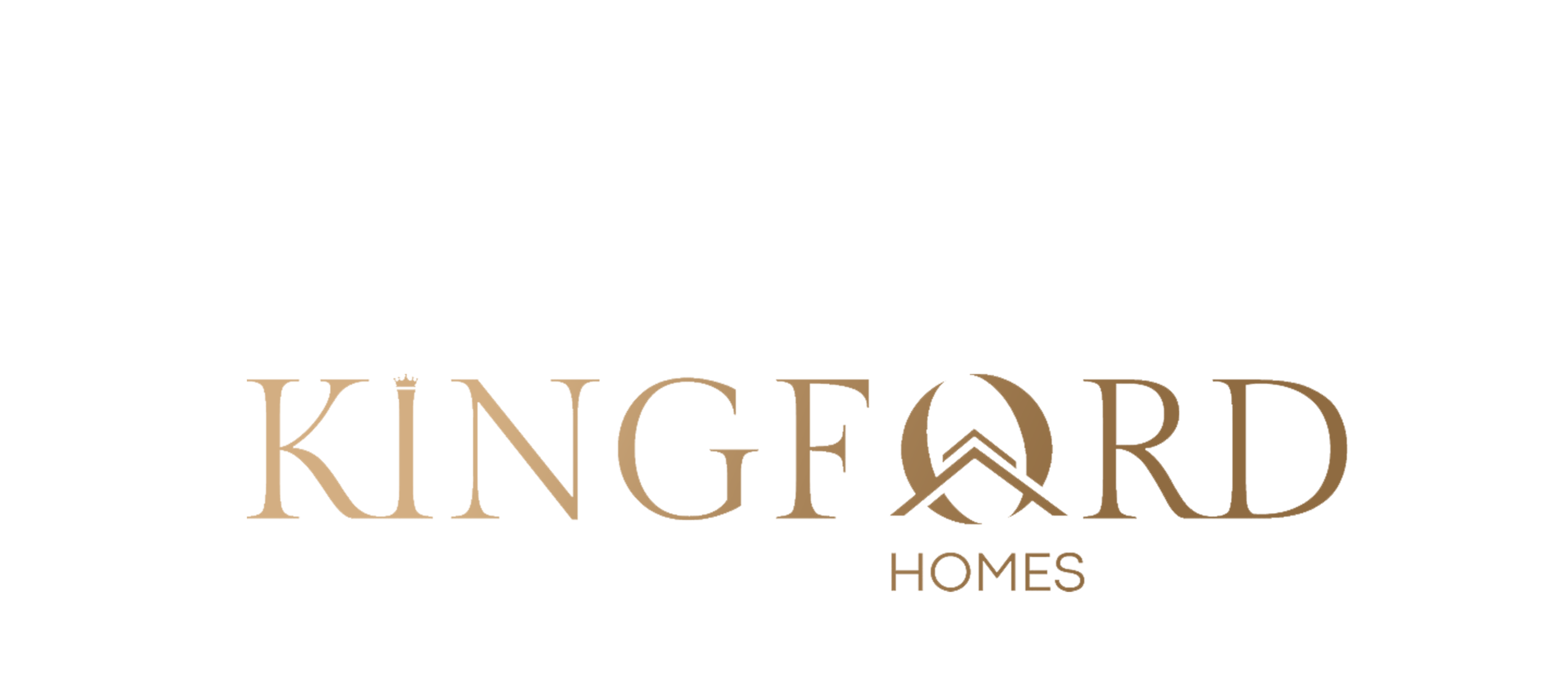Buying a home in Nigeria can be hard if you do not have all the money upfront. A mortgage can help. A mortgage is a loan from a bank or financial institution that lets you pay for your house over time. In 2025, mortgages in Nigeria are becoming easier to get with different options for everyone.
This guide will explain the main types of mortgages, show the top banks offering them, and give tips to get the best deal. By the end, you will have all the information you need to start your journey to owning a home.
What is a Mortgage in Nigeria?
A mortgage in Nigeria is a loan from a bank or financial institution that helps you buy a house. Instead of paying the full price at once, you borrow money and pay it back in monthly installments with interest. Mortgages usually last between 15 and 30 years.
Mortgages are different from other loans because they are only for buying property. If you do not pay your mortgage, the bank can take the house. Other loans, like personal loans, can be used for anything and do not require property as security.
For example, if a house costs ₦20,000,000 and you pay a 20% down payment of ₦4,000,000, you can borrow the remaining ₦16,000,000 from a bank. You will pay this amount back in monthly payments over many years with interest. This makes buying a home easier for people who do not have all the money upfront.
Types of Mortgages Available in Nigeria
There are different types of mortgages in Nigeria. Each one works a little differently. Knowing the options can help you choose the best one for your home.
Conventional Mortgages
These are the most common type of mortgage. You usually pay a down payment of about 20% of the house price. The bank charges a fixed interest rate, and the loan term is often 15 to 30 years.
Islamic Mortgages
Islamic mortgages follow Sharia law. This means you do not pay interest. Instead, you pay a profit rate agreed with the bank. They also usually require a down payment of around 20%.
Government-Backed Mortgages
The Nigerian government supports some mortgage programs. For example, the NMRC (Nigerian Mortgage Refinance Company) and MREIF (Ministry of Finance Real Estate Investment Fund) help people get loans at lower interest rates. These programs make it easier for more people to own homes.
Private Bank Mortgages
Many banks in Nigeria offer their own mortgage products. Some of the top banks include First Bank, GTB, Access Bank, and Union Bank. Each bank has different interest rates, maximum loan amounts, and repayment terms.
Here is a simple comparison table:
| Mortgage Type | Interest / Cost | Eligibility | Term |
|---|---|---|---|
| Conventional | Fixed interest | 20% down payment, good credit | 15–30 years |
| Islamic | Profit rate, no interest | 20% down payment, Sharia-compliant | 15–25 years |
| Government-Backed | Lower interest | Varies by program, may need less down payment | 10–25 years |
| Private Bank | Varies by bank | Depends on bank, usually 15–25% down | 15–30 years |
Knowing these types can help you choose the right mortgage. You can decide based on interest, how much you can pay upfront, and how long you want to repay the loan.
Mortgage Eligibility Requirements
To get a mortgage in Nigeria, you need to meet certain requirements. Most banks and programs have similar rules, but some details may vary.
Age
You must usually be at least 21 years old. Some banks require you to be no older than 60 when your mortgage ends.
Income and Employment
You need a steady income. Most banks ask that you have worked at your current job for at least two years.
Credit Score
A good credit score shows that you can repay loans on time. Banks use this to decide if they can approve your mortgage.
Down Payment
You normally need to pay at least 20% of the house price as a down payment. Some government programs may allow less.
Collateral
Banks may ask for a guarantor or use the house itself as security for the loan.
Tips to Improve Your Eligibility
-
Save more for your down payment.
-
Pay off other debts to raise your credit score.
-
Keep proof of your income and employment history.
Different banks and government programs may have slightly different rules. It is important to check the requirements for each mortgage before applying.
How to Get a Mortgage in Nigeria (Step-by-Step)
Getting a mortgage in Nigeria can seem confusing, but it is easier if you follow the steps. Here is a simple guide to help you.
Step 1: Pre-Approval
The first step is to apply for pre-approval with a bank. You need to submit documents like proof of income, employment history, identification, and bank statements. The bank will check your eligibility and credit score to see how much you can borrow.
Step 2: Property Valuation
After pre-approval, the bank will check the property you want to buy. They make sure the price matches the value of the house. This protects both you and the bank.
Step 3: Approval and Offer Letter
If everything is okay, the bank will approve your mortgage. You will get an offer letter that shows the loan amount, interest rate, monthly payments, and repayment term. Read it carefully before accepting.
Step 4: Purchase and Registration
Once you accept the offer, you can buy the house. You also need to register the mortgage with the government. This makes your ownership and the mortgage official and legal.
Following these steps makes getting a mortgage clear and simple. A flowchart can help visualize the process from pre-approval to registration.
Top Banks and Mortgage Providers in Nigeria 2025
Many banks in Nigeria offer mortgages to help people buy homes. Here are some of the top banks in 2025:
First Bank
First Bank is popular for conventional mortgages. They offer flexible repayment terms and reasonable interest rates.
GTB (Guaranty Trust Bank)
GTB is known for fast approval and good customer service. They are ideal for salaried workers who want a straightforward mortgage process.
Access Bank
Access Bank provides mortgages with flexible payment plans. They also offer support for first-time homebuyers.
Union Bank
Union Bank has both conventional and government-backed mortgage options. They are a good choice if you want lower interest rates.
Here is a simple comparison table:
| Bank | Interest Rate | Max Loan | Term | Eligibility |
|---|---|---|---|---|
| First Bank | 14% | ₦50,000,000 | 25 years | 20% down payment, good credit |
| GTB | 13.5% | ₦70,000,000 | 20–25 years | 20% down payment, steady income |
| Access Bank | 15% | ₦60,000,000 | 20 years | 20% down payment, good credit |
| Union Bank | 14% | ₦50,000,000 | 25 years | 10–20% down payment, good credit |
Tips to Choose the Right Bank
-
Compare interest rates and repayment terms.
-
Check the maximum loan and eligibility requirements.
-
Ask about hidden fees or extra charges.
-
Choose a bank that fits your budget and needs.
Tips to Secure the Best Mortgage Deal
Getting a good mortgage deal in Nigeria can save you money and make homeownership easier. Here are some tips to help you:
Shop Around
Compare offers from different banks. Look at interest rates, loan terms, and fees.
Improve Your Credit Score
A higher credit score can help you get a lower interest rate. Pay off other loans and make sure your payments are on time.
Save a Bigger Down Payment
The more money you pay upfront, the lower your monthly payments will be. It can also make it easier to get approved.
Negotiate Interest and Terms
Talk to the bank about the interest rate and repayment plan. Banks may offer better terms if you ask.
Use a Mortgage Broker
A broker can help you find the best mortgage deal. They know the banks and can guide you through the process.
Following these tips will help you get the best mortgage deal in 2025.
Common Mortgage Mistakes to Avoid
Getting a mortgage in Nigeria can be tricky. Here are common mistakes and how to avoid them:
Overborrowing
Borrowing more than you can afford can cause stress. Only borrow what fits your budget.
Ignoring Hidden Fees
Banks may charge extra fees for legal work or property valuation. Always ask about all costs before signing.
Skipping Property Title Checks
Buying a house without checking the title can cause legal problems. Make sure the property is properly registered.
Choosing the Wrong Mortgage Type
Picking a mortgage that does not suit your needs can make payments harder. Compare options and pick what fits your situation.
Avoiding these mistakes will make your mortgage process smoother and safer.
FAQs About Mortgages in Nigeria
Can foreigners get a mortgage in Nigeria?
Yes, some banks allow foreigners to apply for a mortgage. You may need extra documents like a valid visa, proof of income, and a local guarantor. Requirements can vary by bank, so check with the lender before applying.
What is the minimum down payment for a mortgage?
Most banks in Nigeria ask for a down payment of 20% of the house price. Some government programs may allow smaller payments. Saving more money upfront can help reduce your monthly payments.
How long does the mortgage approval process take?
The process usually takes 4 to 8 weeks. It depends on the bank and how fast you submit documents. Getting all your paperwork ready can make approval faster.
Are government-backed mortgages better than private banks?
Government-backed mortgages often have lower interest rates, but private banks may offer higher loan amounts or faster approval. The best choice depends on your budget and needs.
Can I refinance my mortgage in Nigeria?
Yes, refinancing is possible. You can change your mortgage to get a lower interest rate or adjust repayment terms. Check with your bank about rules and fees before refinancing.
What credit score do I need to get a mortgage?
Banks usually require a good credit score to approve a mortgage. Paying bills on time and keeping debt low can improve your score. Each bank may have slightly different requirements.
Can I pay off my mortgage early?
Yes, most banks allow early repayment. Some may charge a small fee for early payment, so ask your bank before you pay off your loan.
Do I need a guarantor for a mortgage?
Many banks ask for a guarantor or collateral. This gives the bank security if you cannot pay. Requirements depend on the bank and the mortgage program.
Conclusion
A mortgage can help you buy a home in Nigeria even if you do not have all the money upfront. It allows you to pay over time and makes homeownership possible. By understanding the types of mortgages, eligibility rules, and how to get the best deal, you can make smart choices.
Check your eligibility today or compare mortgage offers from top banks to start your journey to owning a home.

